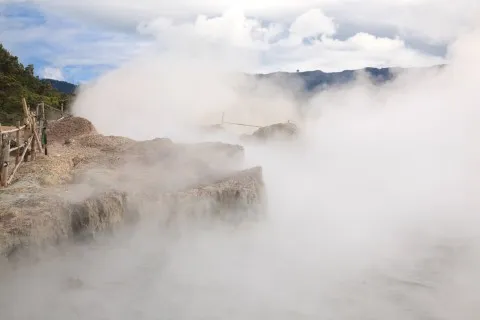
Japan's onsen businesses hamper potential geothermal capacity growth
Large-scale projects can take up to 9 years before they become "workable".
BMI Research does not forecast an uptick in Japanese geothermal capacity growth over the next decade despite the country's substantial geothermal energy potential. This is due to popular opposition to large-scale developments, high upfront costs and long development timeframes.
Small-scale projects that co-opt local communities will offer some respite for developers amid a softening of regulation post-Fukushima, but will not alter geothermal's status as a negligible power source in Japan.
"We do not expect Japan's geothermal power segment to register robust growth over the coming decade, despite the country having some of the best geothermal resources in the world," it added.
This will be the result of substantial popular opposition to the development of new geothermal projects - based on concerns over the impact on the country's onsen (hot spring) business and natural environment - as well as the relatively high upfront costs for new projects and long development timeframes.
Here's more from BMI Research:
Our muted outlook for Japan's geothermal segment is largely attributed the staunch popular opposition against geothermal developments in the country.
Most of the country's geothermal resources are within national parks, which has meant that project development have been hindered by environmental concerns. As a result, large-scale geothermal developments in Japan can require up to nine years of environmental assessments and survey drillings before a site can be considered workable which has reduced investor appetite.
Furthermore, geothermal developments also pose a pertinent risk to nearby spas by potentially depleting water volumes and lowering the water temperature in springs. As Japan has more than 21,000 spas and inns that draw about 120mn customers annually for over-night visits, a large-scale geothermal ramp-up would likely prompt heavy opposition.
Additionally, high upfront costs of new installations also weigh on the rationale of developing geothermal projects. As the country overstretched its support for new solar power capacity over the last three years, the renewables support mechanism has been reformed in order to reduce the government's subsidy burden and improve the cost-competitiveness of solar projects in the country.
Reportedly, only 0.1% of the projects supported under Japan's clean-energy program use geothermal technology, and with subsidy support contracting, we see little scope for geothermal to increase its share in the power mix notably.
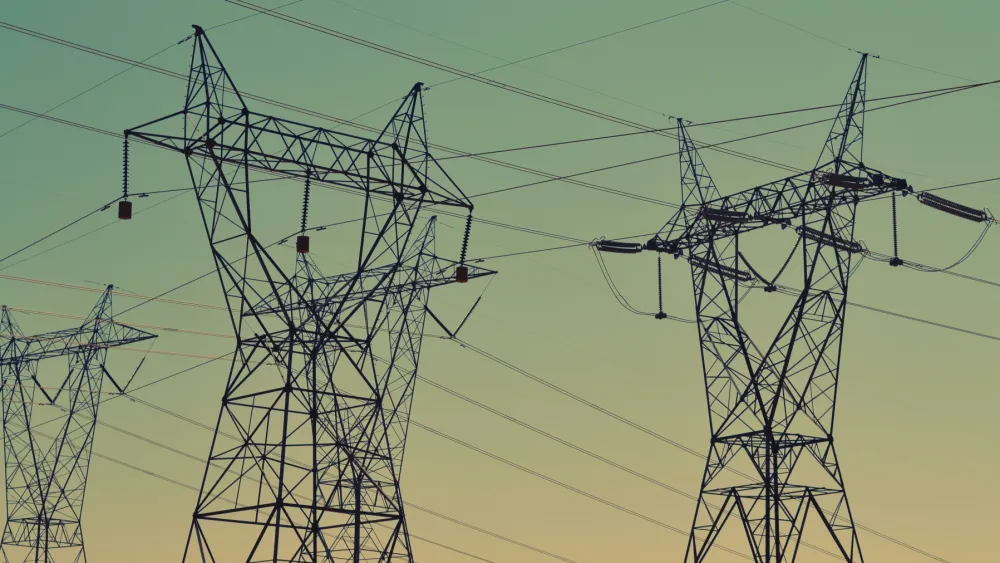
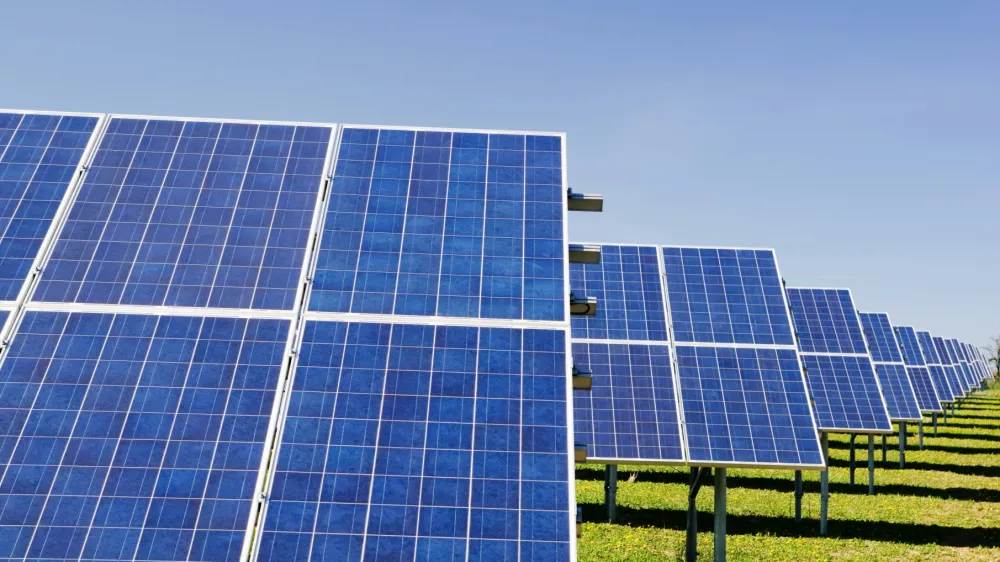
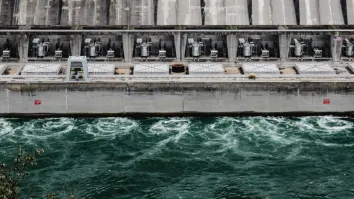
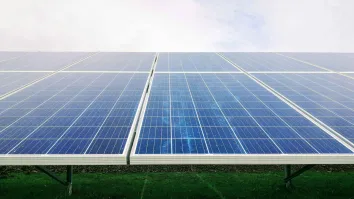
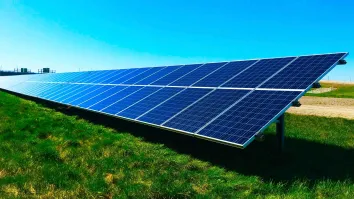














 Advertise
Advertise






